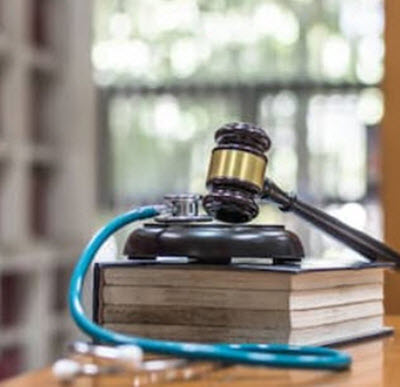How Will the Coronavirus Outbreak Affect Your Medical Practice’s Ability to Collect Payments from Your Patients?
The effects of the new virus could be far-reaching. Some epidemiologists have predicted that it is only a matter of time before the virus spreads to all 50 states; it is more contagious than influenza and has a higher fatality rate, and worst of all, a vaccine has yet to be developed. Perhaps the scariest thing about COVID-19, though, is the way it is affecting the economy. Fears about the virus have caused the stock market to plunge, leading to worries about a worldwide recession like the one that occurred in 2008. This should make healthcare professionals worry, because it is likely that more and more patients will need your services, but they will be less likely to pay for them. For advice on how to deal with unpaid patient bills, contact an Alabama creditors’ rights attorney.
A Bleak Outlook for Patients and for Medical Billing Departments
Collecting payment for medical services you have provided is already not easy, despite the best intentions of patients and doctors. The gig economy means that fewer patients have employer-provided health insurance. Uninsured patients have the highest bills, but they tend not to have the highest income, which means that many of them struggle to pay their bills. If COVID-19 spreads in Alabama, it could cause many emergency visits by uninsured patients, some of whom will struggle to pay even the minimum payments on their bills.
What Creditors Can Do to Collect Unpaid Medical Bills
Don’t let all the gloom and doom in the news make you despair of being able to keep your medical practice afloat. You have legal rights regarding collecting payment from patients. These are some of your options:
- Contacting patients directing and requesting payment, provided that you follow the rules for fair debt collection practices
- Debtors’ examinations – a court hearing to determine whether patients are truly unable to pay their bills, or whether they are simply choosing not to pay them
- Garnishment of patients’ wages or bank accounts
The Compassionate Choice
Some patients choose to pay a small amount toward their bills every month, even if it is lower than what the hospital or doctor’s office is requesting. An Alabama couple who faced a lawsuit for a $31,000 hospital bill had been paying $25 each month since the date of treatment. Even though it was going to take them decades to pay off the bill. Debt-free is the new American dream, and lots of people, if they got a windfall, would spend most of it paying down debt. Sometimes it is less trouble to accept what patients can afford to pay than to fight about it in court.
Let Us Help You Today
In these uncertain times, it is not always easy to tell when to pursue debtors aggressively and when to be content with minimum payments. Contact the Alabama creditors’ rights attorneys at Cloud Willis & Ellis for a consultation.
Resource:
cbsnews.com/news/health-care-costs-alabama-hospital-sues-patient-to-collect-medical-debt-after-appendectomy/


